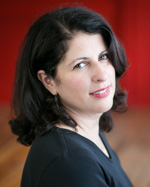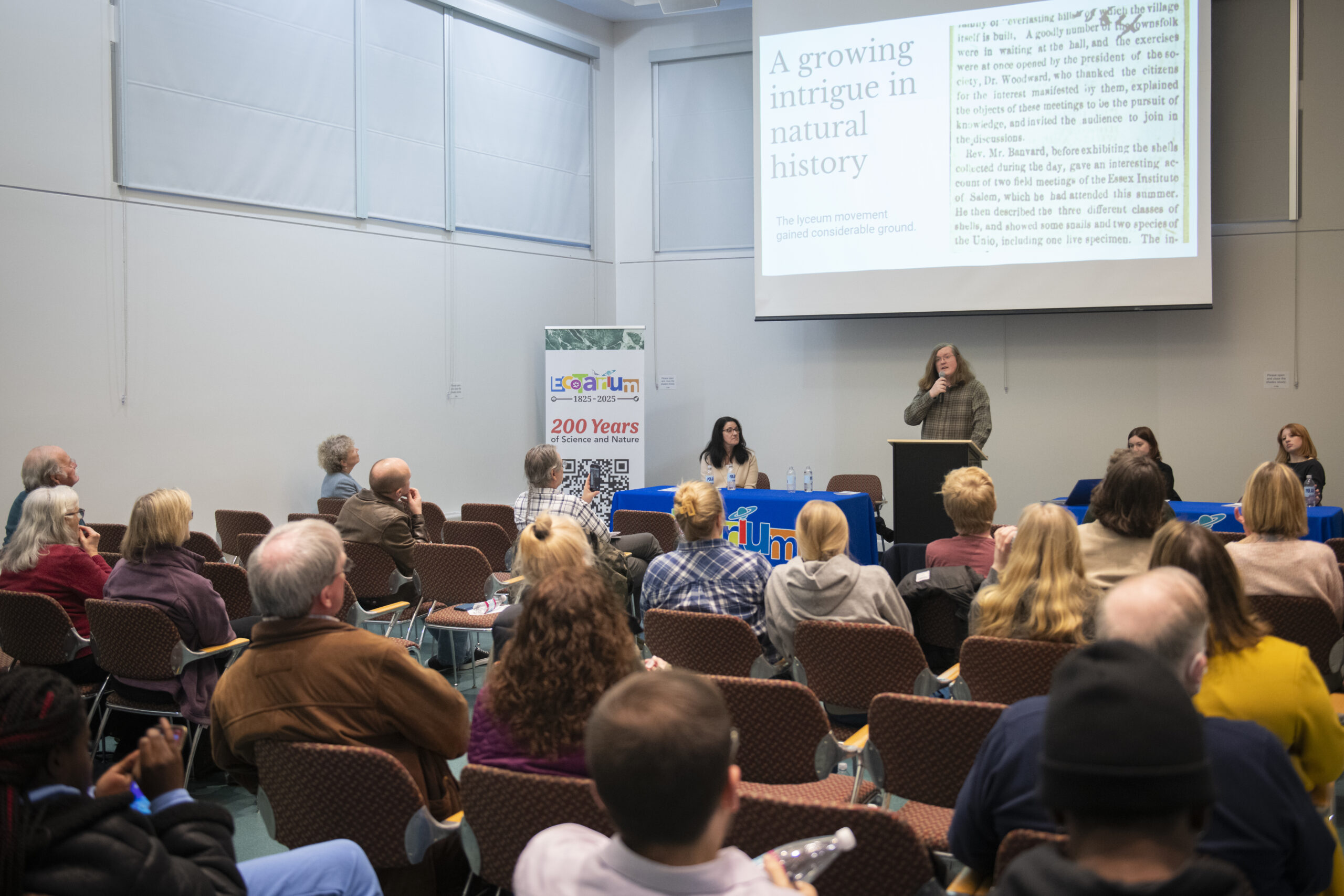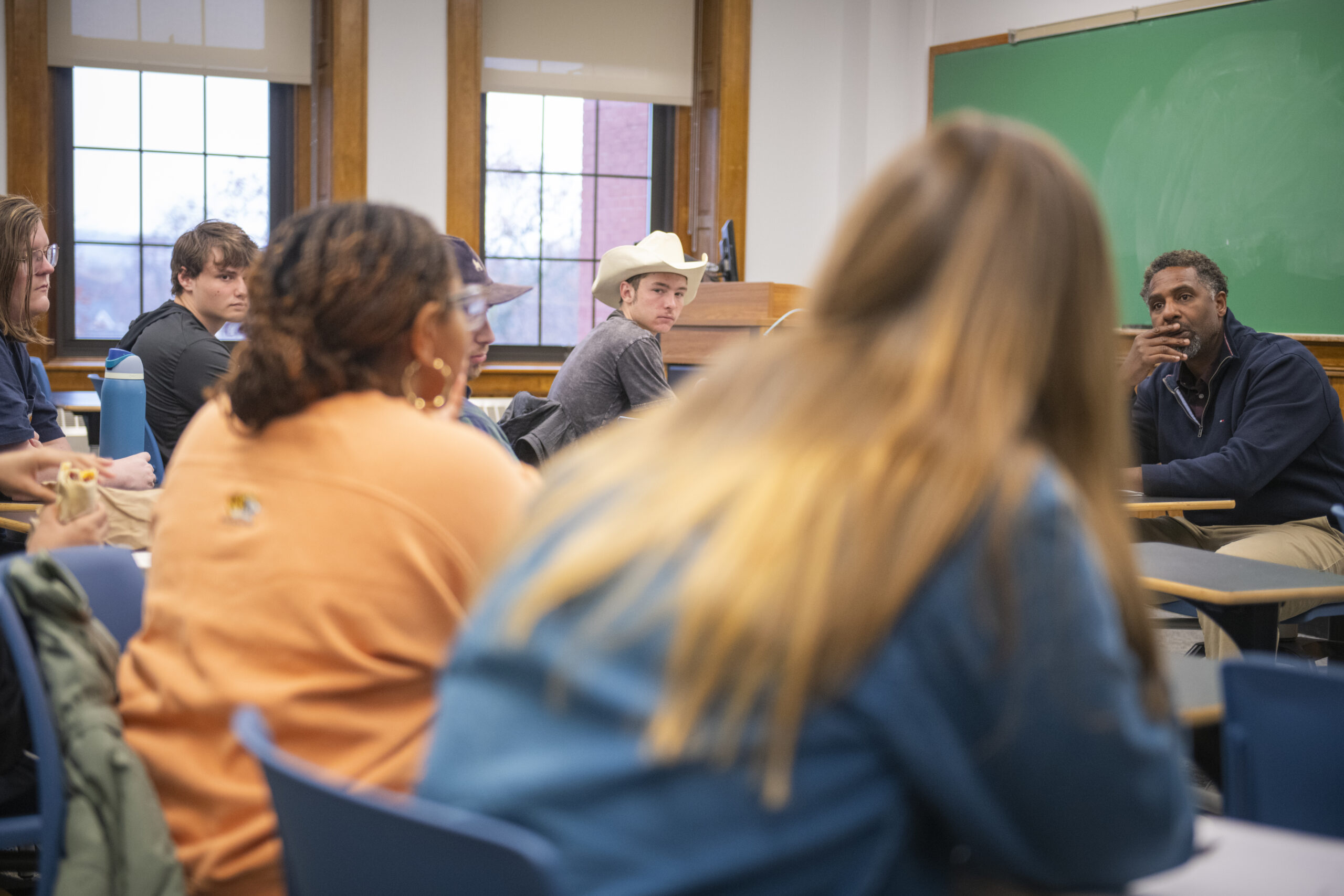Women not only comprised a significant part of the labor force in eighteenth-century France, but the ubiquity of their employment was such that the presence of women in the workplace was considered by the government as “routine and expected.”
Those conclusions are supported by essays collected in a new book: Women and Work in Eighteenth-Century France (Louisiana State University Press), co-edited by Clark University associate professor of history Nina Kushner and Daryl M. Hafter, professor emerita of history at Eastern Michigan University.
Women and Work assembles the research of ten different scholars to provide insight into a number of broad on the issue of women and work during France’s Old Regime. These include the centrality of women’s work to economic growth and expansion in the eighteenth century, the near constant presence of and demand for female labor, and the degree to which women could support themselves financially and retain economic agency even when married.
Collectively, the essays challenge assumptions of gender and labor by demonstrating how French women from across the economic spectrum forged identities in addition to, or sometimes instead of, those of wife and mother.

One of the essays in Women and Work is a chapter from Kushner’s recently published book Erotic Exchanges: The World of Elite Prostitution in Eighteenth-Century Paris (Cornell University Press, 2014).
In “The Business of Being Kept: Elite Prostitution as Work,” Kushner draws on detailed police records to create a picture of one occupation open to women, that of “kept woman.” The dame entretenue, as she was known, provided sexual and companionate services to a wealthy man or men in return for full or partial financial support.
Kushner explains that this relationship was commonly governed by an oral contract agreed to by both parties before sexual relations commenced. The contract specified the terms of compensation: usually a monthly income for living expenses and frequently an expensive present or sum of cash. Through this accepted and recognized occupation, many (usually lower-class) women were able to support themselves from their teens to late twenties at a level of comfort significantly above what would normally be their lot. Each woman essentially ran herself as a business, and Kushner maintains that professional success demanded, not just beauty, but amatory, social and marketing skills.
It was while conducting research for Erotic Exchanges that Kushner began to recognize the need for a volume that would present a broader picture of women in the labor force. “I found I was stuck with trying to reconcile the financial success of the women I studied (and those studied by other historians) with a scholarly literature that claimed economic opportunity was supposedly contracting for women the eighteenth century,” she explains. “It was all doom and gloom, with some more doom added on top of that.
The result was this volume, in which we paint a slightly brighter picture. We argue not only that work of women was more central to economic growth and development than we had thought but also that more women were able to support themselves than we had realized.” Professor Kushner specializes in early modern and eighteenth-century European social and cultural history, with an emphasis on France, women, and sexuality.
She teaches courses on the history of early modern Europe, the national histories of France and England, the history of women, and the history of sexuality. Professor Kushner received a B.A. in history and religion from Dartmouth College, and an M.A. and Ph.D. from Columbia University.
Founded in 1887 in Worcester, Massachusetts, Clark University is a small, liberal arts-based research university addressing social and human imperatives on a global scale. Nationally renowned as a college that changes lives, Clark is emerging as a transformative force in higher education today. LEEP (Liberal Education and Effective Practice) is Clark’s pioneering model of education that combines a robust liberal arts curriculum with life-changing world and workplace experiences. Clark’s faculty and students work across boundaries to develop solutions to complex challenges in the natural sciences, psychology, geography, management, urban education, Holocaust and genocide studies, environmental studies, and international development and social change. The Clark educational experience embodies the University’s motto: Challenge convention. Change our world. www.clarku.edu
Related Link: Clark history professor’s new book examines complex world of prostitution in 18th-century Paris




